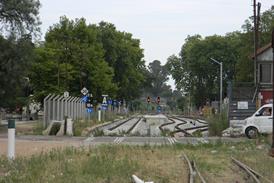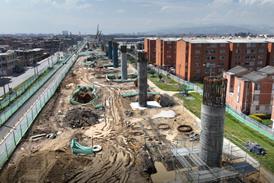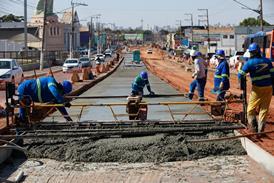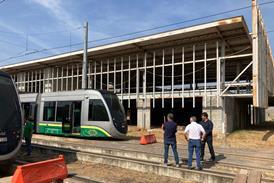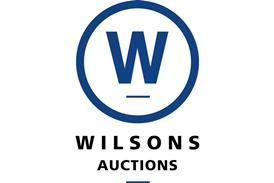’We need to respond. We can’t wait any longer. We have to act now.’ Linda Morgan, who chairs the US Surface Transportation Board, was speaking on April 3 at the end of a two-day public hearing to deal with shippers’ complaints about poor service and high charges. In the light of UP’s ongoing troubles (p275), the hearing was never going to be a friendly pow-wow.
During the hearing the shippers unleashed a stream of proposals they felt would solve their problems.Top of the list was open access, which the railways firmly rejected as being unworkable. ’No access auctions or sophisticated computer algorithm is going to replace the judgement of railroad managers’, said Joseph Kalt of Harvard’s John F Kennedy School of Government, who had been brought in to testify on the railways’ behalf. Countering earlier testimony supporting open access from economist Alfred Kahn, Kalt suggested that competition through open access would return the railways to ’heavy-handed regulation’. Before either party gets too excited, we suggest that they check just what has happened with open access in Europe - which so far is remarkably little.
Acting AAR President James A Hagen also defended the status quo and insisted the railways were doing all they could to untangle the congestion. ’The industry is committed to solving the problem as quickly as possible, and we are making the additional capital investments in the rail infrastructure that will prevent these problems from recurring’, he said.
- Hot on the heels of the US$2·4bn CN-IC merger (p275) the two railways announced on April 15 that they had formed a 15-year marketing alliance with Kansas City Southern. The arrangement does not require STB approval. The three railways said they would co-ordinate sales and marketing, operations, fleets and information systems. o

